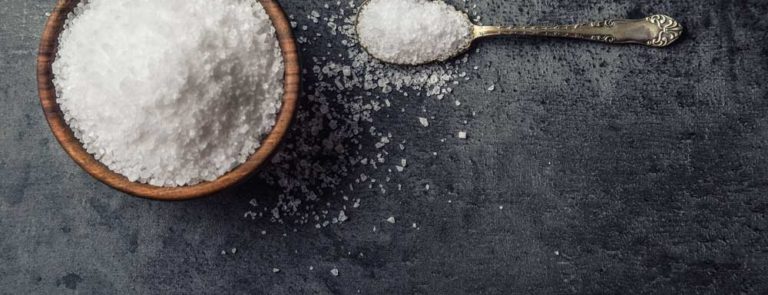20% off £30
Code:EASTER
What is blood pressure?

What is being measured when blood pressure is checked and what effects does low blood pressure and high blood pressure have on the body? Find out here.
Ever wondered exactly what is being measured when your blood pressure is checked? Find out all about those readings in this guide
Written by Carole Beck on January 26, 2019 Reviewed by Dr Rob Hicks on January 28, 2019
Blood is essential to our bodies, carrying vital oxygen and nutrients to our cells via blood vessels. It’s now known that the force at which this blood is pumped is critically important to both your short-term and long-term health. Here’s what it means for your body.What is blood pressure?
It’s a measurement of the pressure of blood inside your blood vessels as your heart squeezes and relaxes.1 There are two blood pressure numbers, both measured in millimetres of mercury (mmHg):Systolic pressure
The first number of a blood pressure reading records the pressure in your blood vessels as the heart contracts, or in other words squeezes, making it a measurement of the force at which blood is pumped.2Diastolic pressure:
The second number of the reading measures the pressure when the heart rests between squeezes.3What is high blood pressure?
This is when the pressure inside your blood vessels rises higher than is healthy. As a general rule:- high blood pressure – 140/90mmHg or higher
- ideal blood pressure – between 90/60mmHg and 120/80mmHg
- low blood pressure – 90/60mmHg or less4
What are the dangers of high blood pressure?
More than one in four UK adults have high blood pressure, many without knowing, according to the NHS.5 High blood pressure – known medically as hypertension – can contribute to a narrowing of the arteries that carry blood around your body.6 Narrowed arteries (atherosclerosis) restrict the flow of blood, oxygen and nutrients to certain organs, including the heart, brain, kidneys and sexual organs. This can trigger a range of health conditions, including:7- heart attack
- heart failure
- stroke
- vascular dementia
- kidney failure
- sexual dysfunction, including erectile dysfunction in men
What are the symptoms of high blood pressure?
Unfortunately, most people usually experience no symptoms, even with severe hypertension. This means many people are unaware they have high blood pressure, which, over time, can damage their blood vessels. This is why it’s so important to have your blood pressure regularly checked8 – ideally at least every five years, or more often if your doctor advises.Who is most at risk of high blood pressure?
You’re more likely to develop hypertension if you:9,10- are over 65
- take little exercise
- smoke
- are overweight
- eat an unhealthy diet, with too much salt and too little fruit and vegetables
- drink alcohol or caffeinated drinks to excess
- have a family history of high blood pressure
- are of African or Caribbean descent
How to prevent and tackle high blood pressure
Lifestyle changes can help reduce the risk of having high blood pressure and also tackle hypertension. These include:11,12- a healthy, balanced diet with plenty of fruit and vegetables
- regular exercise
- keeping within healthy recommended intakes of alcohol, caffeine and salt
- not smoking
What about low blood pressure?
Low blood pressure, or hypotension, can restrict blood flow to organs. For some, hypotension is completely normal for their body. For others, it can be caused by:16- dehydration
- pregnancy
- certain medication
- hormone problems
- a lack of vitamin B12 or folate in your diet
- feeling lightheaded and dizzy
- nausea
- fainting
- tiredness
- trouble concentrating















